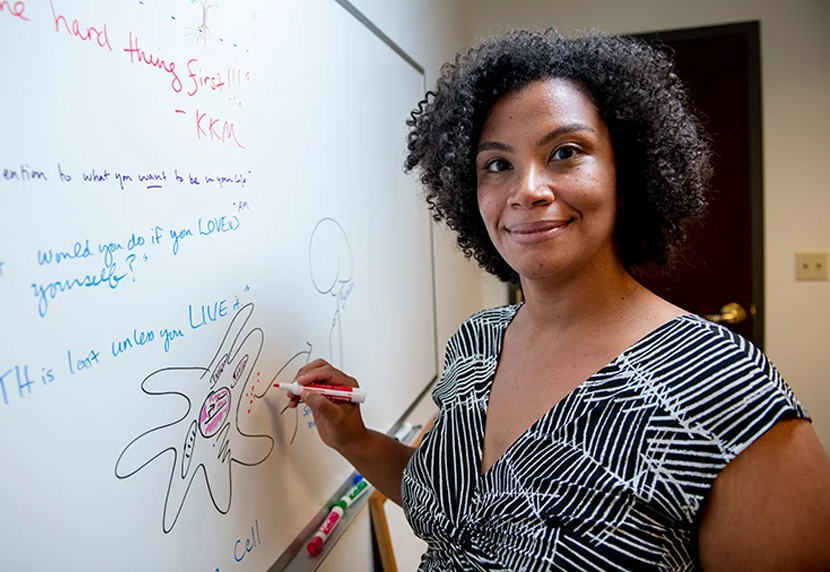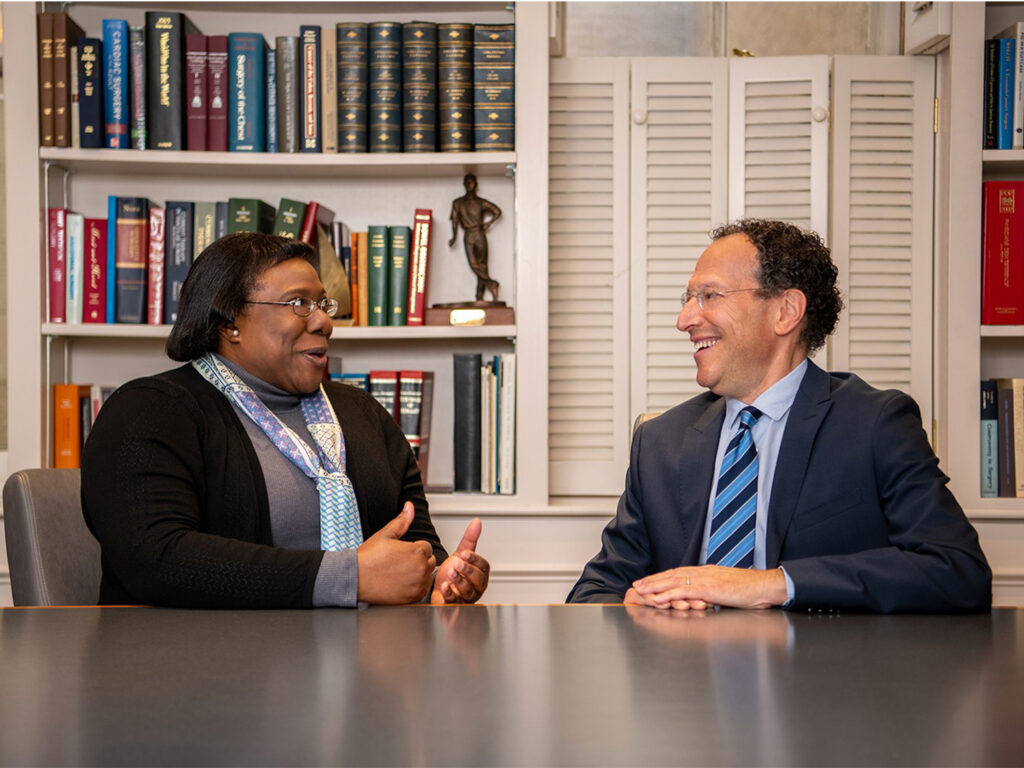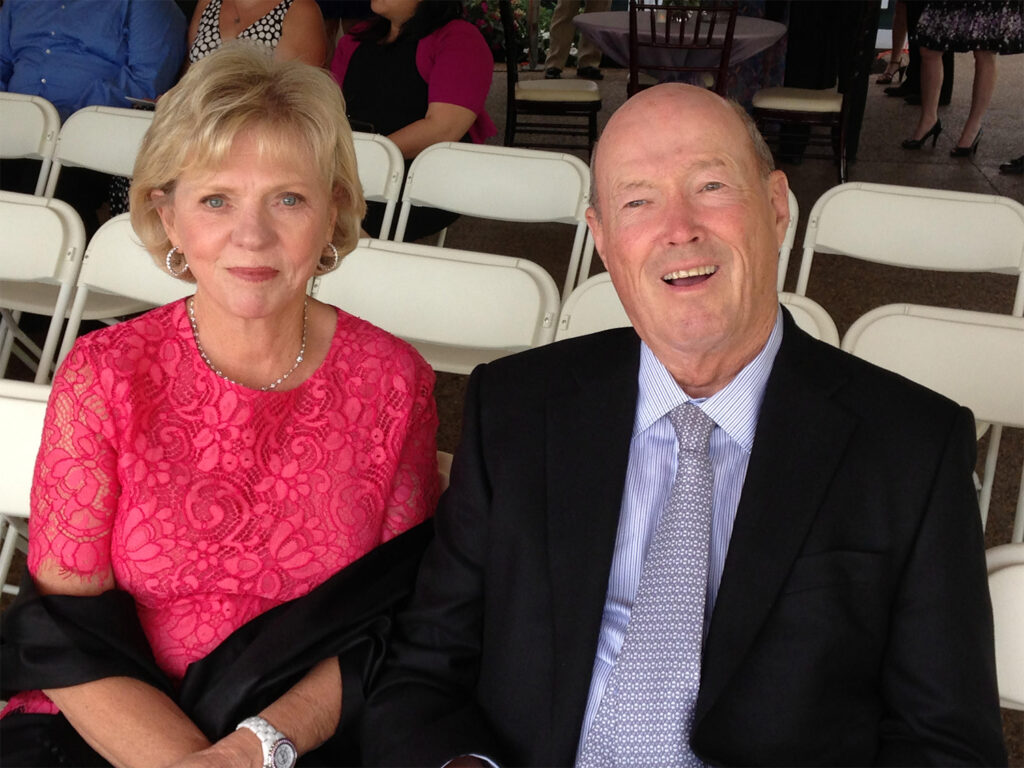Olivia Okereke, MD, MS, Terry and Jean de Gunzburg MGH Research Scholar 2021-2026, and inaugural director of the newly established Massachusetts General Hospital Psychiatry Center for Racial Equity and Justice, is leading anti-racism efforts in the hospital’s Department of Psychiatry, the psychiatry field, psychiatric research and more. We recently caught up with her to learn more about her work.
What was the impetus behind establishing the Mass General Psychiatry Center for Racial Equity and Justice?
The Center for Racial Equity and Justice grew out of a task force on anti-racism that Maurizio Fava, MD, chief of the Department of Psychiatry, established in 2020 amid a growing societal awareness about the impacts of racism — for example, as reflected by the disproportionate impact of COVID-19 on Black or BIPOC (Black, Indigenous and People of Color) patients, as well as multiple incidents around the nation that highlighted pervasive and destructive impacts of racism. The goal was to establish an anti-racist culture in the department, support diversity, equity and inclusion (D, E & I), and put forward racial equity and justice solutions relevant to psychiatry. The task force identified the need for a Center for Racial Equity and Justice dedicated to these efforts.
What are some of your first priorities?
We have three initial priorities. The first is quite fundamental: increasing academic knowledge within psychiatry about racism and its mental health impacts. The second area is promoting racial equity, diversity and inclusion in psychiatry research. It’s not just about the questions being asked; it’s also about who is asking them? Our third priority is collaborating with other anti-racism and D, E & I efforts across the hospital, Mass General Brigham and Harvard Medical School. Sharing what we learn is very important, so that our findings inform the larger conversation about the drivers of disparities and some of the solutions.
In five years, what do you hope will have changed because of the Center’s work?
In five years, I hope members of our department are leading conversations and making major contributions toward achieving racial equity in psychiatry — through academic publications, education and more. I hope we are propelling real change in representation across our department at all levels and disciplines — psychiatrists, psychologists, social workers, administrators, and particularly in the lack of diversity among researchers. I want our department to be a place where BIPOC providers, researchers and patients see themselves reflected — without feeling like an “exception” — and feel they can stay for a long time.

What role can philanthropy play in advancing the Center’s mission?
Philanthropy can have a pivotal impact on this work. Many of the research questions we need to ask don’t have natural funding sources in large agencies like the National Institutes of Health (NIH). The MGH Research Scholars program is a philanthropy-funded awards program that helps address this gap.
Even the issue of why minorities are not better represented — as participants or researchers — needs further examination. Donors to the hospital’s equity and community health mission can increase our understanding of the most pressing issues of racism today.
We also need support for our diverse clinicians and researchers at critical junctures in their careers, to retain people who are advancing new approaches to address racism in psychiatry and the mental health impacts of racism.
We want to partner with people interested in transformational change with the potential to impact psychiatry at large. Mass General is the place to do that and donors to the Psychiatry Center for Racial Equity and Justice and more broadly, Mass General’s overarching equity mission, can lead the way.
At the end of the day, this work involves everyone and is everyone’s responsibility. The mission isn’t only relevant to people from racial minority backgrounds; it’s relevant to everyone.
To learn more about how to support the Psychiatry Center for Racial Equity and Justice, please contact us.





